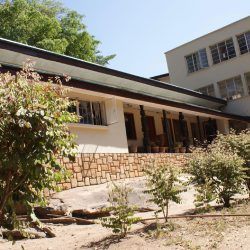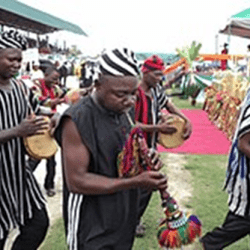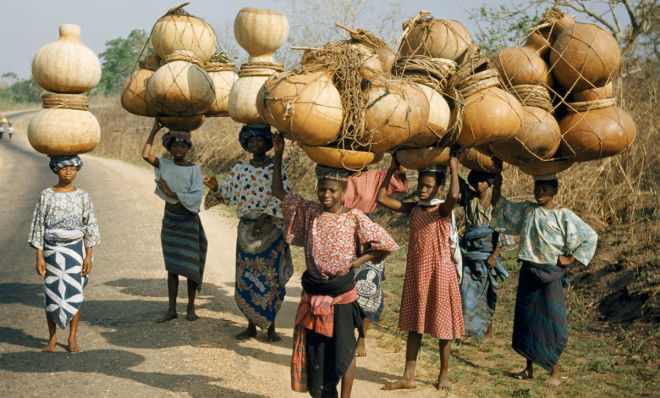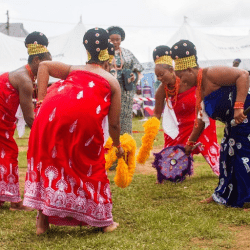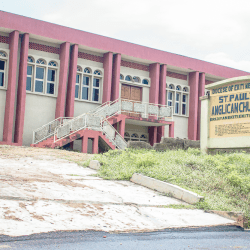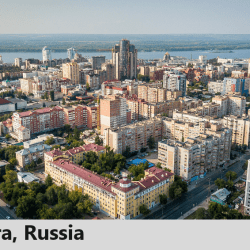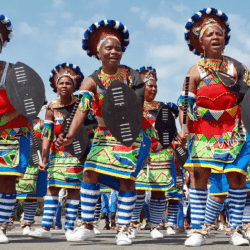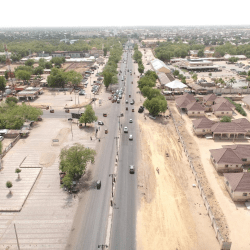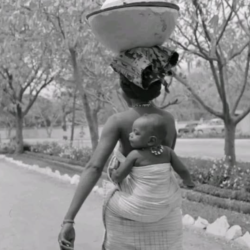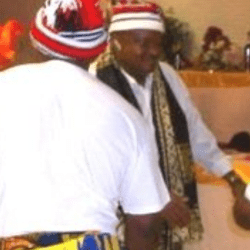It’s a cultural piece that.touches on communal practices, postpartum customs, and the erosion of indigenous traditions due to changing social values.
Cutting of Ak’kr
The white nuts inside a palm fruit—yes, the familiar palm kernels—have a special story in Nsukka culture when harvested in a particular way. When cut from an unripe palmhead, these kernels are known as Ak’kr in the Nsukka dialect.
But why harvest it before ripening? Was it a mistake or an accident? Not at all. It was a deliberate and symbolic act.
In the old days—mgbe unya—Ak’kr was cut to celebrate the birth of a child. As soon as a woman gave birth, a palmhead was carefully selected and cut—no matter how unripe—and distributed in small bunches to relatives, neighbors, and well-wishers coming to see the newborn. It was more than a gift; it was a cultural kola nut, a ceremonial welcome, a sacred token that could only be found in a home blessed with new life.
Beyond its communal symbolism, Ak’kr also had a medicinal role. Some of the unripe kernels were shelled, ground into a paste, and rubbed on the new mother’s breasts. This was believed to stimulate the flow of breastmilk to nourish the newborn.
What’s more profound is the communal understanding around it: Ak’kr could be cut from any palm tree in the village. No permission needed. No questions asked. It was an unspoken, collective agreement—rooted in the fabric of community life and shared joy.
But times have changed.
Today, only a handful still bother with the tradition. Cutting someone’s unripe palmhead may now be seen as theft, or worse, vandalism. Many don’t remember—or never knew—the sacred significance of Ak’kr. Without the intervention of elders or those deeply rooted in tradition, one might face serious accusations over what was once a hallowed act of celebration.
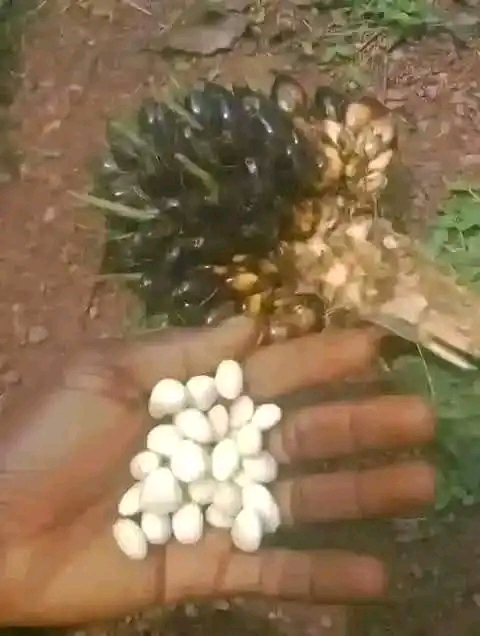
Ak’kr is more than a kernel—it’s a symbol of shared joy, maternal care, and communal unity. Its relegation is not just the loss of a ritual but the fading echo of a culture that once thrived in mutual understanding and support.
#ExtantCulture #ForgottenTraditions
